Clostridioides difficile (C. diff)
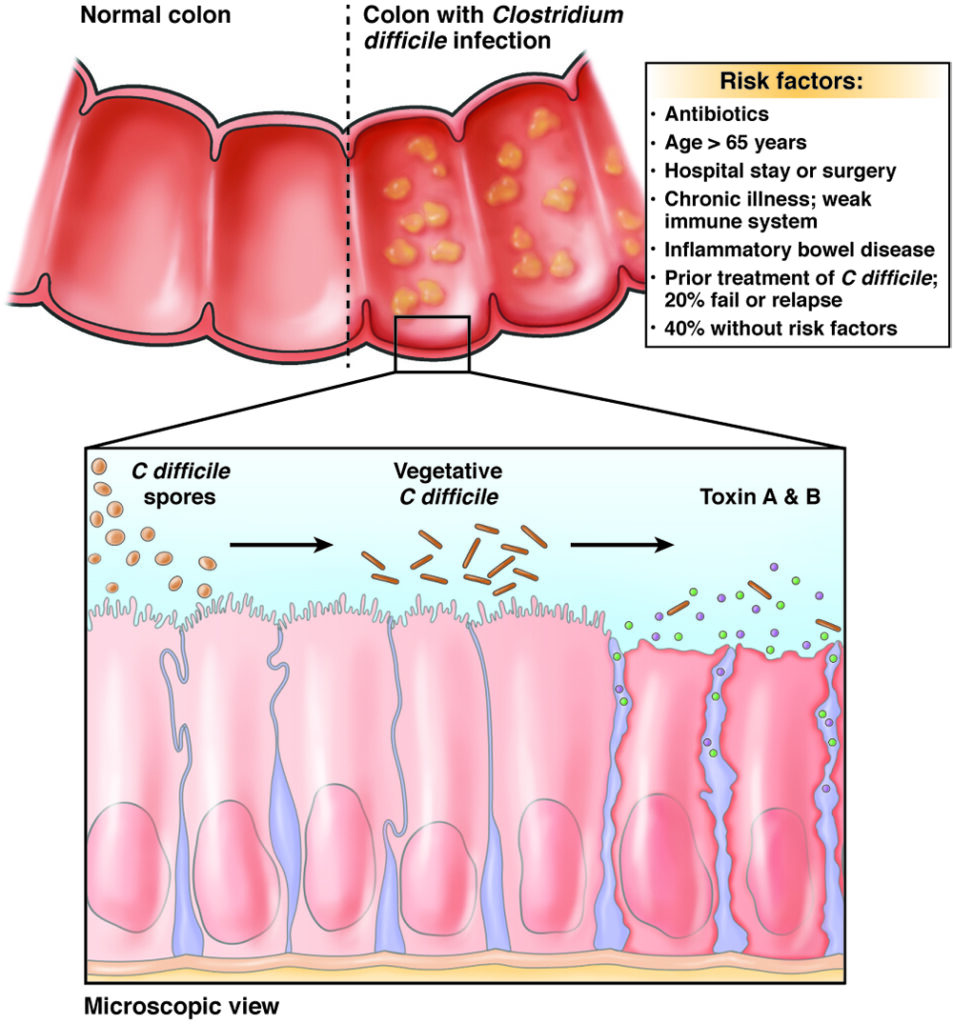
Clostridioides difficile, or C. diff, is a bacterium that can cause gastrointestinal symptoms, like nausea, watery diarrhea, stomach pain and stomach cramps that may be severe.
Diverticulitis
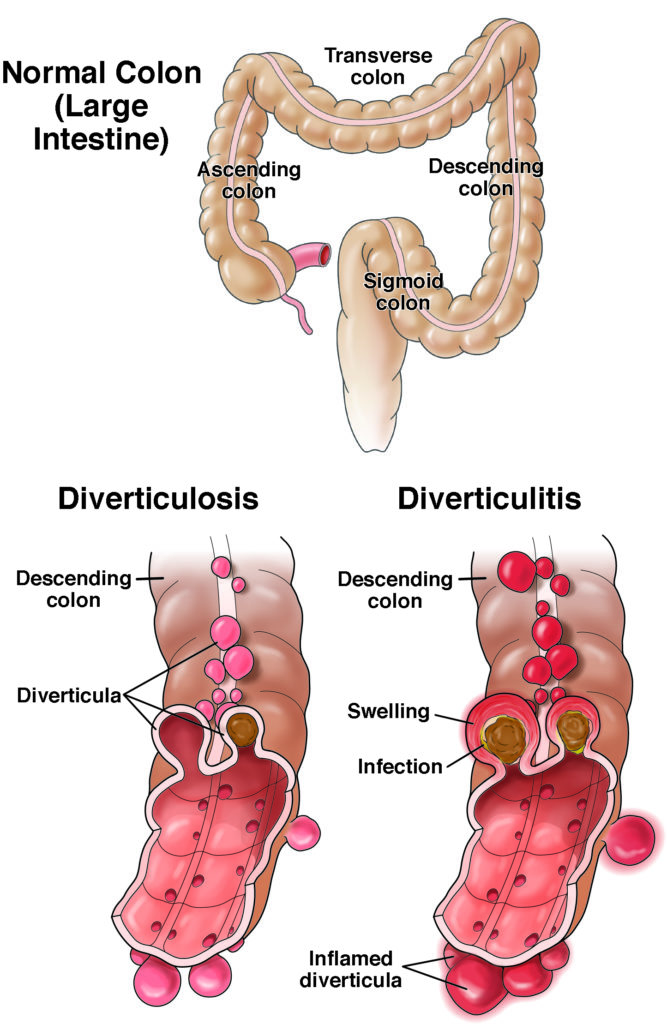
Diverticulitis is when pockets form in the colon wall and become infected or swollen causing pain, cramping, diarrhea, constipation or fever.
Diarrhea
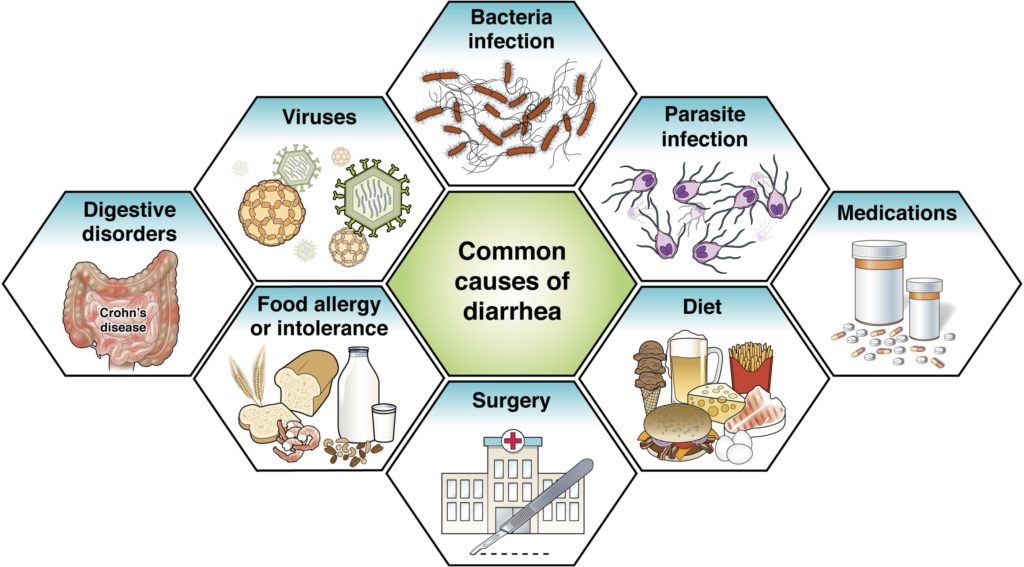
Diarrhea happens when you have watery, loose stools three or more times a day.
Celiac disease

Celiac disease is when a person can’t eat gluten. Some symptoms are gas, stomach bloating and pain, diarrhea and constipation.
Diabetic gastroparesis
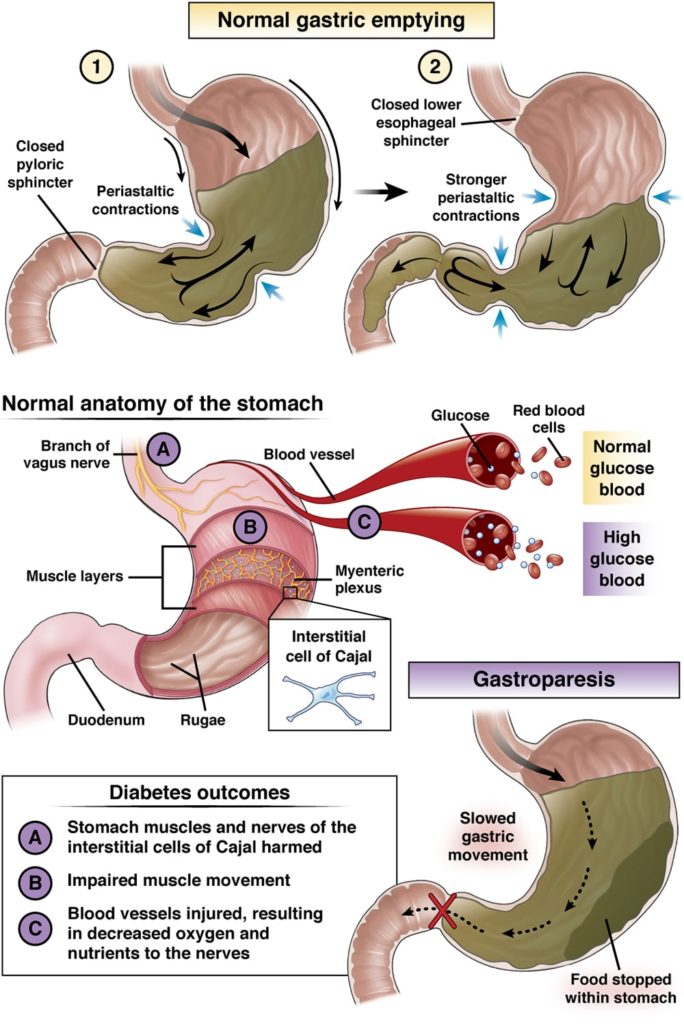
Gastroparesis, or delayed gastric emptying, is when your stomach has trouble clearing out its contents because of damaged stomach muscles. Diabetes is the most frequently identified disease linked to gastroparesis.
Colorectal cancer (CRC)
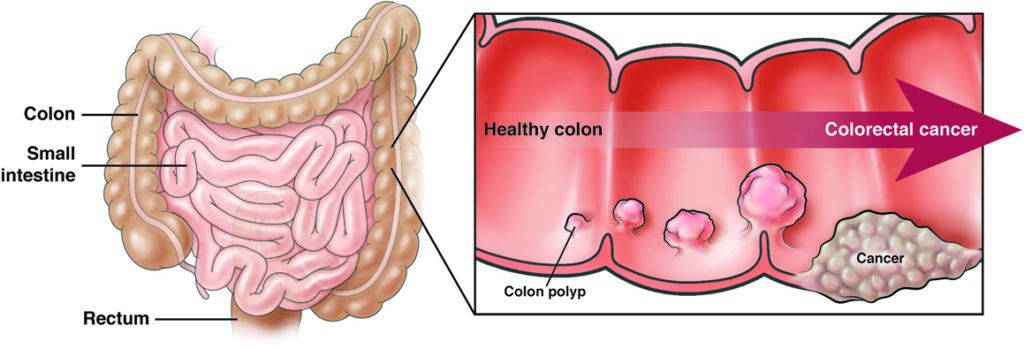
Colorectal cancer is the third most common cancer among men and among women in the U.S. It occurs when precancerous polyps in the colon or in the rectum become cancerous. Signs may include rectal bleeding, blood in the stool or change in bowel movements.
Biosimilars
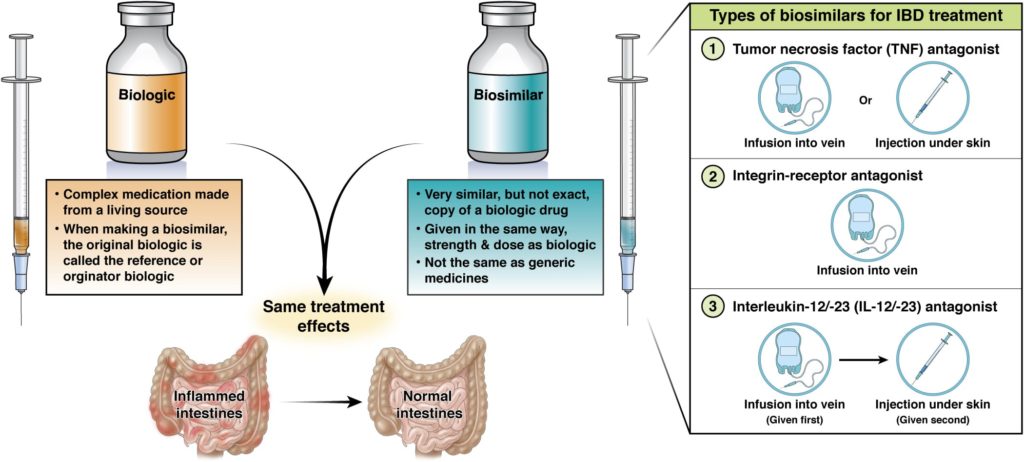
Biosimilars are a type of biologic. Biologics and biosimilars can help patients with moderate to severe IBD.
Constipation
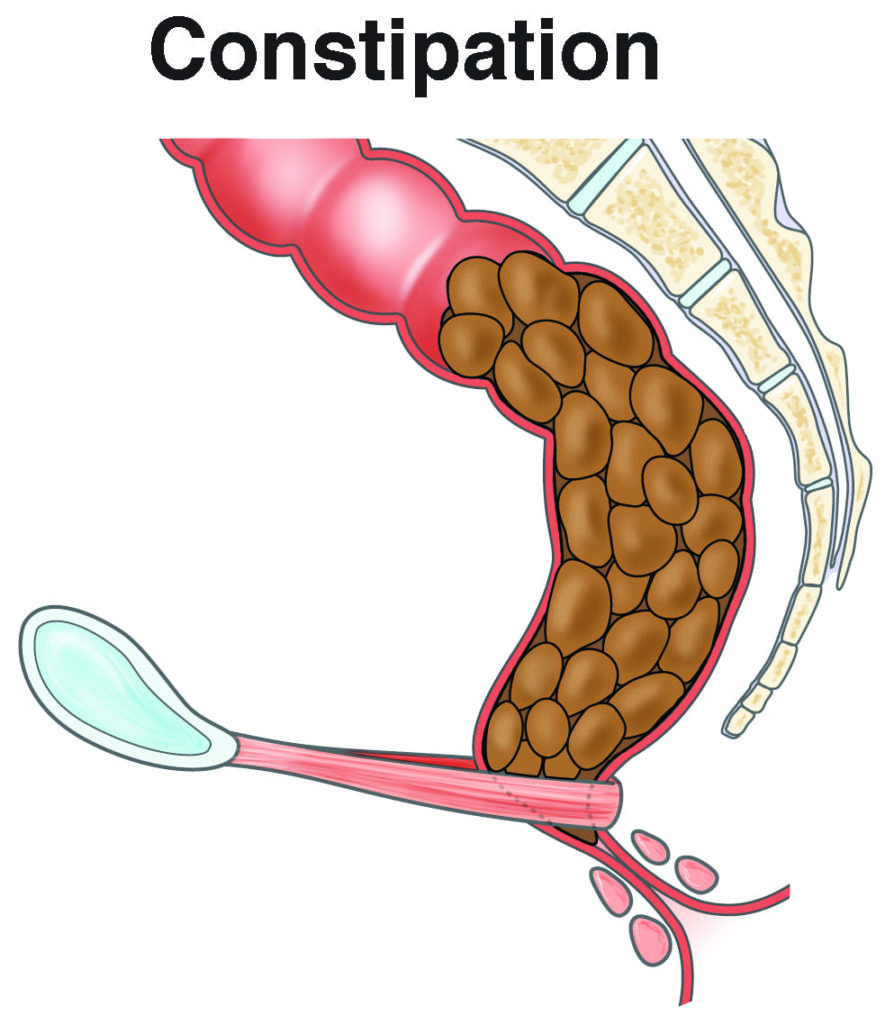
Constipation is when you have infrequent or hard-to-pass bowel movements, have hard stools, or feel like your bowel movements are incomplete.
Crohn’s disease
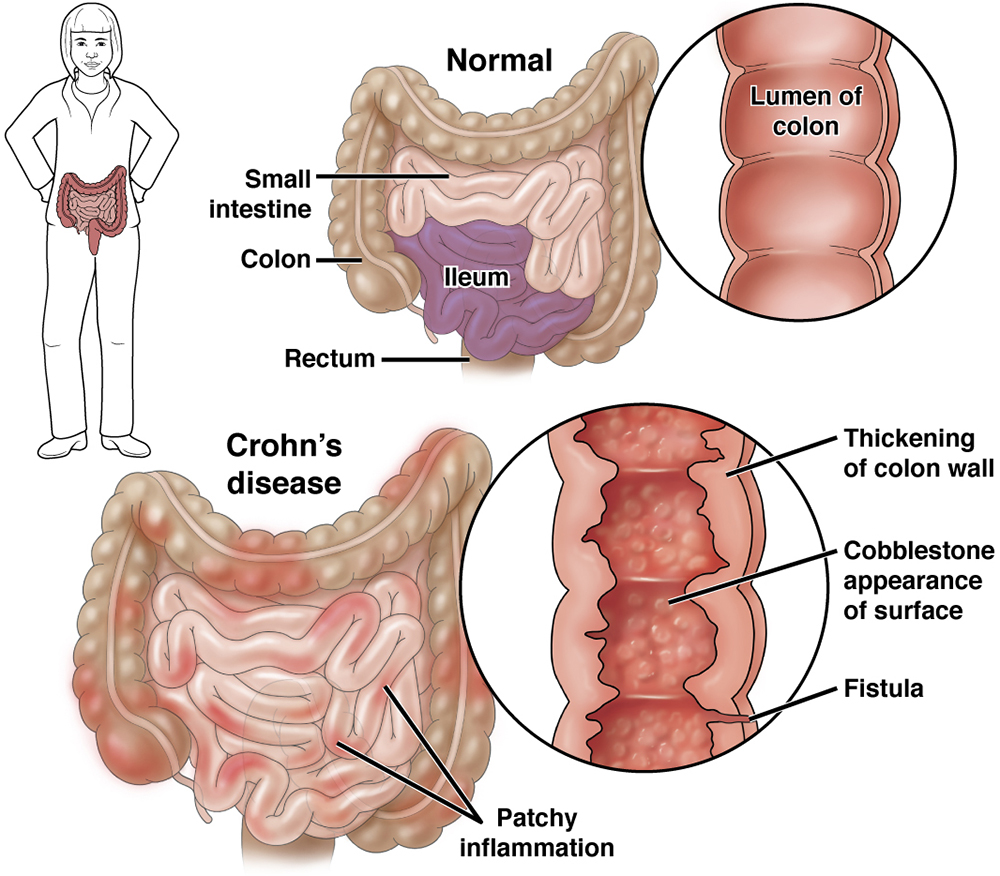
Crohn’s disease is a type of inflammatory bowel disease (IBD). Symptoms include inflammation in the digestive tract, belly pain and cramps, diarrhea, weight loss, and rectal bleeding
Cirrhosis
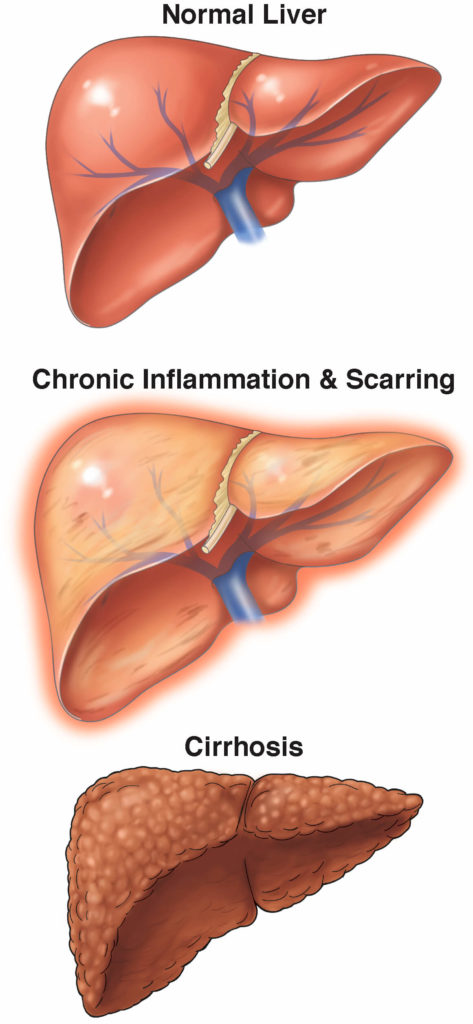
Cirrhosis is permanent damage to the liver by chronic diseases, such as viral hepatitis, NAFLD or long-term alcohol abuse.
